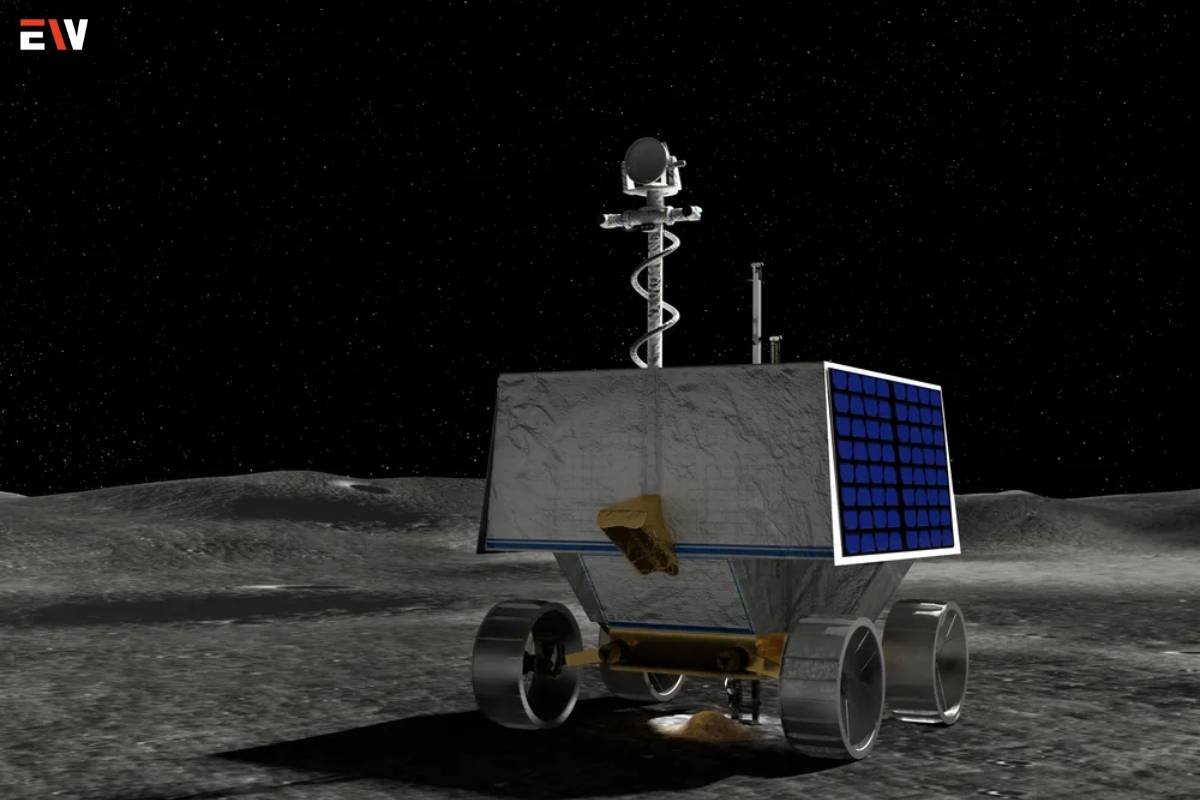Ancient habits die hard, and for those who are early risers, their propensity for rising with the sun might have roots tracing back to their Neanderthal ancestors, researchers reveal.
Inherited DNA and Morning Habits
Scientists have uncovered a connection between Neanderthal DNA inherited by modern humans and the inclination of some individuals to be ‘morning people.’ While most genes from Neanderthals have been phased out by evolution, a fraction of these genes remain, impacting the body clocks of modern humans.
John Capra, an epidemiologist from the University of California, San Francisco, notes that an analysis of existing Neanderthal DNA within modern human genomes revealed a prevalent influence on genes governing body clocks, significantly favoring a propensity to rise early.
Ancient Encounters: Neanderthals and Modern Humans
Around 70,000 years ago, waves of Homo sapiens departed Africa for Eurasia, encountering Neanderthals, who had long inhabited the region. This interaction led to interbreeding, with modern humans today carrying up to 4% of Neanderthal DNA, affecting various traits like skin pigmentation, hair, fat distribution, and immunity.
Capra and colleagues examined genetic data from both Neanderthals and modern humans, identifying distinct genetic variants influencing circadian rhythms or body clocks. As modern humans interbred with Neanderthals, some individuals today carry these Neanderthal variants, influencing their tendency to rise early.
Modern Adaptations and Evolutionary Impact
The research, published in Genome Biology and Evolution, revealed that the Neanderthal genes linked to early rise weren’t the sole determinants. While numerous genes, environmental factors, and cultural influences shape sleeping patterns, Neanderthal genes have a minor impact.
Capra suggests these genes potentially aided our ancestors in adapting to life in higher latitudes, where seasonal variations in light levels required a faster clock for adaptation. This adjustment allowed for better acclimatization to the changing light patterns.
Implications of the Study
Prof Mark Maslin from University College London, not involved in the study, highlighted the genetic evidence supporting the existence of ‘morning people.’ He emphasized the significance of this genetic adaptation for early humans as they moved away from tropical Africa, where daylight hours were consistent, to regions with fluctuating light patterns, necessitating a shift in waking habits to optimize food collection.
The study underscores the intricate interplay between ancient genetics and present-day habits, shedding light on how our distant ancestors’ adaptations still echo in our daily lives.









